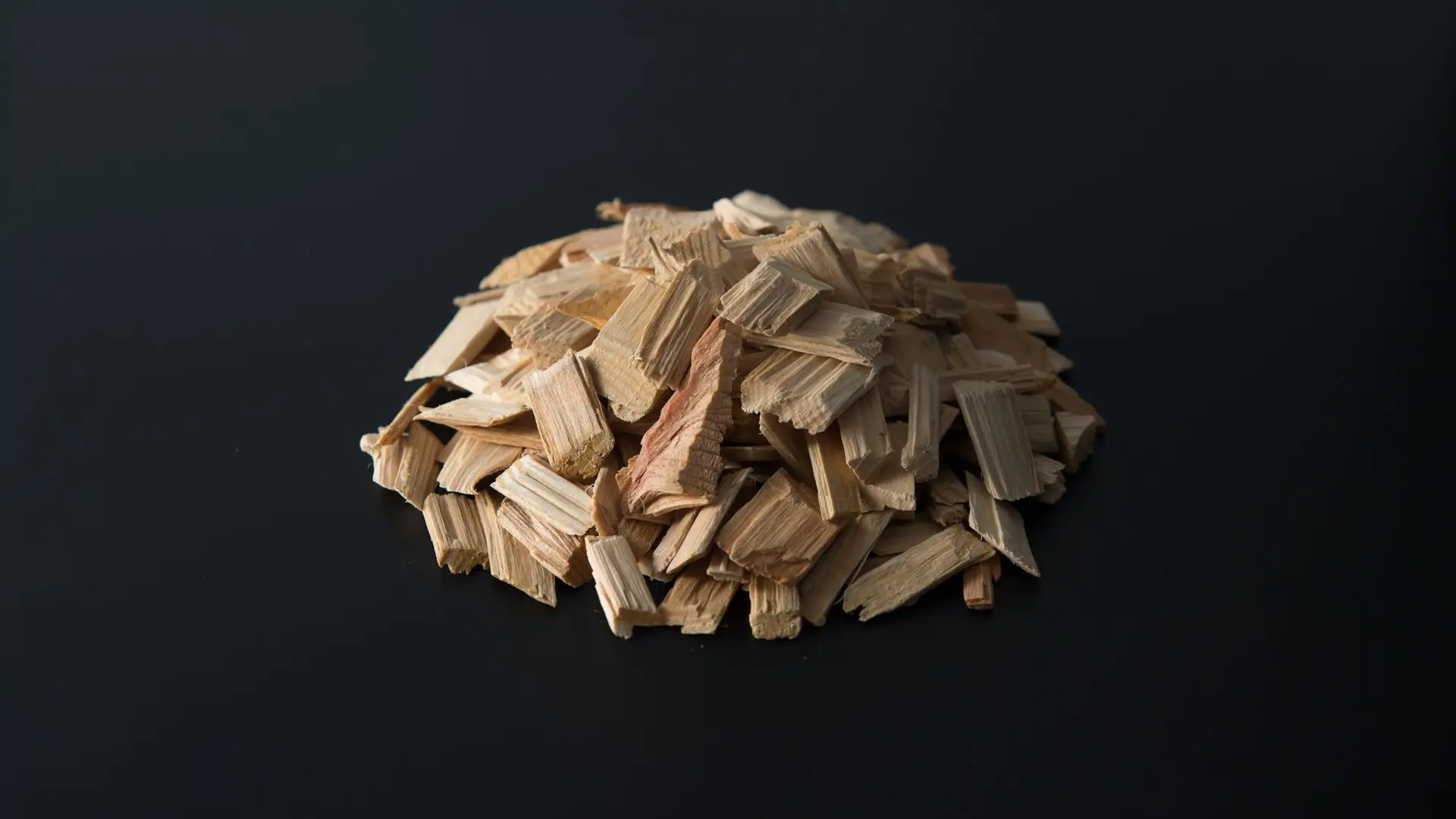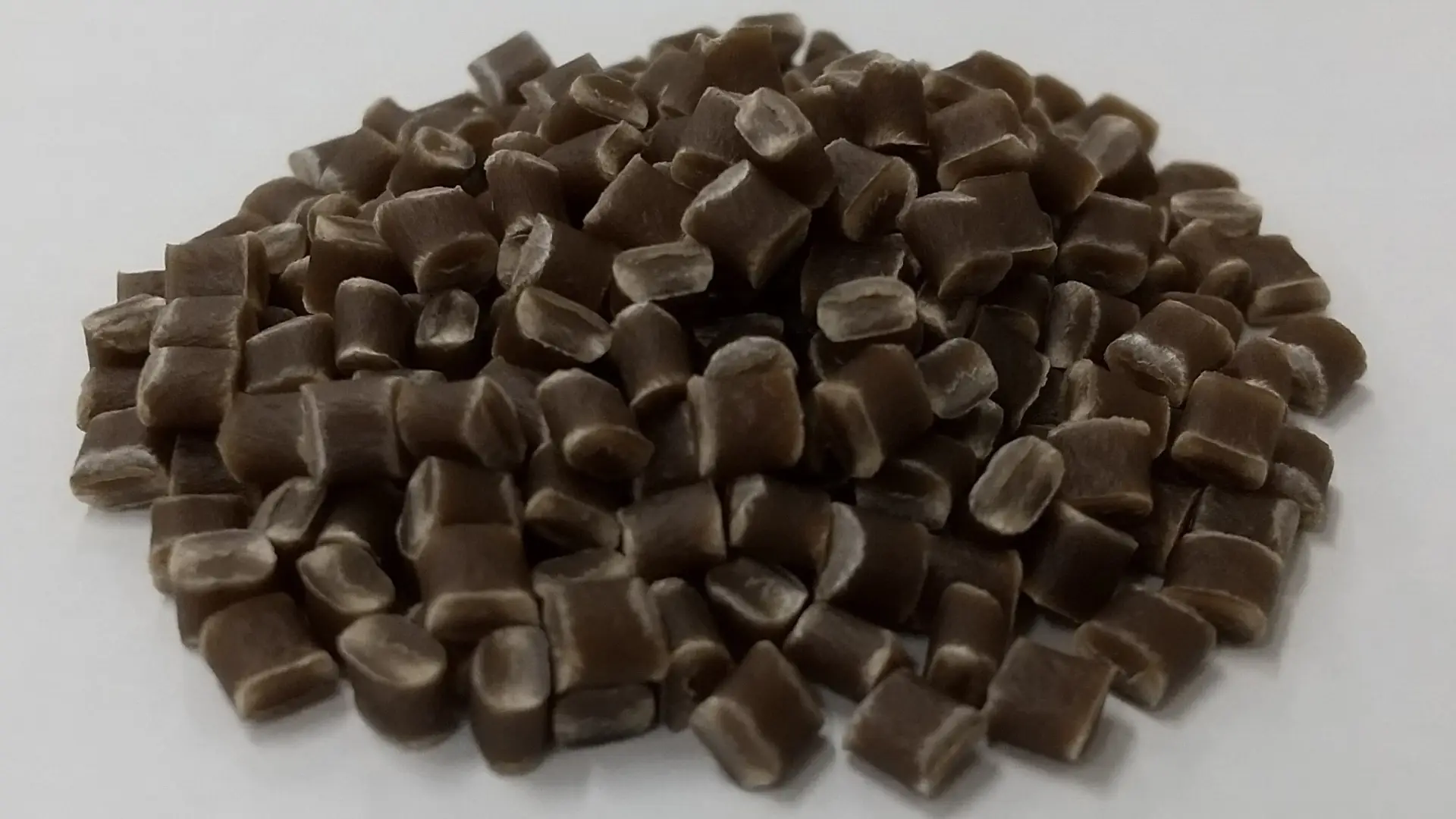World’s first practical use for vehicle parts
Yamaha Motor announced that it will adopt plant-derived cellulose nanofiber (CNF) reinforced resin for marine products as an initiative toward reducing CO2 emissions and the Company’s environmental footprint. In developing the material, Yamaha Motor has reached a collaborative agreement with Nippon Paper Industries Co., Ltd. (Headquarters: Chiyoda-ku, Tokyo). This is the world’s first* practical use for vehicle parts.
The parts developed using this material will be used in engines for personal watercraft and sport boats, and are planned to be installed in certain 2024 models. Yamaha Motor is examining the utilization of this material not only in marine products but also in motorcycles and a wide range of other products in the future.
CNF reinforced resin is a new high-strength material manufactured by kneading and dispersing CNF, a biomass material made from wood resources, into resins such as polypropylene. In addition to being over 25% lighter than existing resin materials, it also has excellent material recyclability, leading to a reduction in the amount of plastics used and greenhouse gas emissions, mainly CO2.
In line with the new Medium-Term Management Plan (2022–2024) announced in February this year, Yamaha Motor is strengthening its efforts for sustainability, seeking to contribute to creating a more sustainable world. Going forward, to accelerate the carbon offset initiatives necessary for achieving its goals, the Company will continue promoting the research and development of technologies that contribute to sustainability.
*Based on Yamaha Motor research and Nippon Paper Industries Co., Ltd.

